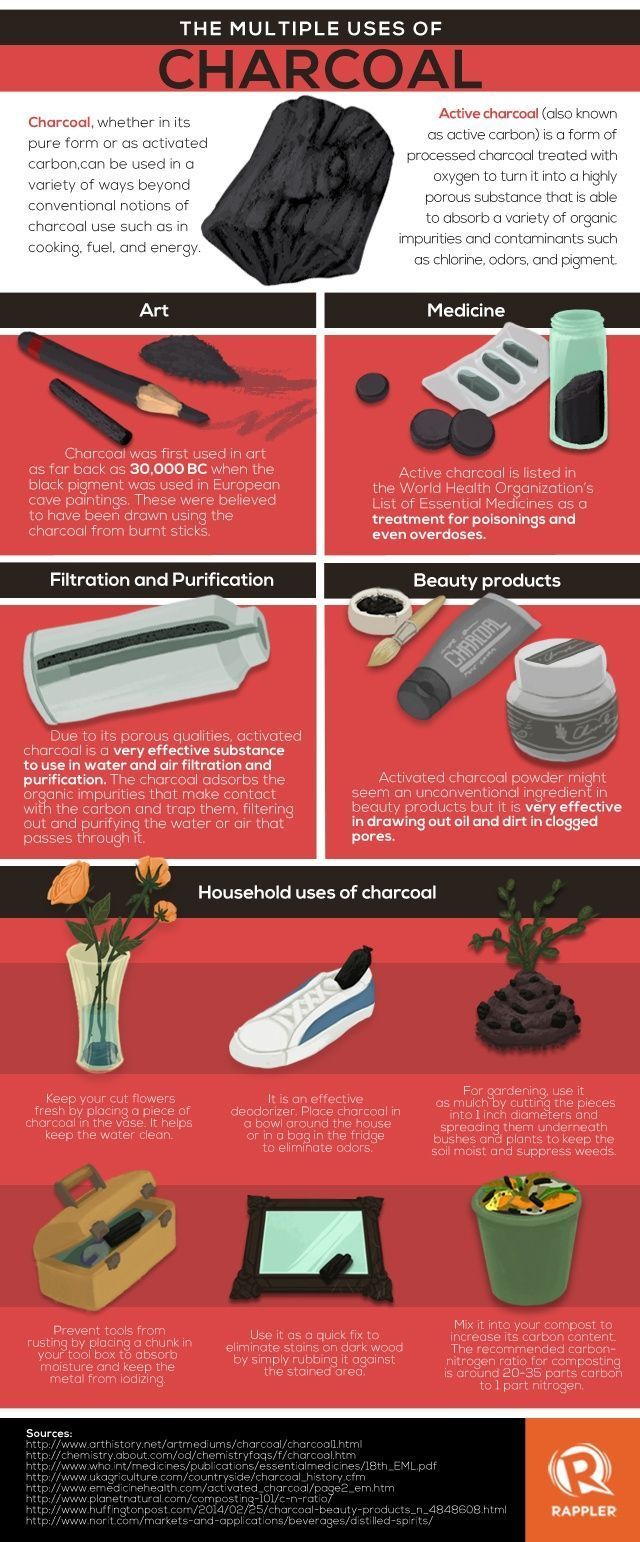Exactly How Climatic Aspects Influence Heat Pump Operations And Practical Procedures To Address These Obstacles
Exactly How Climatic Aspects Influence Heat Pump Operations And Practical Procedures To Address These Obstacles
Blog Article
Post Composed By-Drejer Linnet
When it pertains to your heatpump, weather condition plays an important duty in its efficiency. From freezing temperature levels to sweltering heat, each element can impact how effectively your system runs. Yet what can you do to fight these weather-related difficulties and ensure your heat pump is working at its best? Remain tuned to find useful ideas and strategies to maximize your heatpump's efficiency, despite the climate condition it encounters.
Weather Condition Variables Impacting Heatpump Efficiency
Weather elements have a substantial effect on the performance of heat pumps. One critical element is temperature. Heatpump work by moving heat from outdoors to within during winter months and the other way around in summer season. As temperatures decline, it comes to be harder for the heatpump to essence warm from the outside air, reducing its efficiency.
linked here is humidity. High moisture degrees can make it much more difficult for the heatpump to release heat during the cooling procedure.
Additionally, wind rate plays a role. Strong winds can dissipate the warmth soaked up or released by the heatpump, impacting its general efficiency.
Tips for Optimizing Heatpump Performance
To enhance the efficiency and long life of your heat pump, implementing a few essential techniques can make a considerable distinction in its performance.
First of all, guarantee routine upkeep by cleaning or changing filters every 1-3 months to avoid air movement obstructions and optimize airflow. Additionally, routine yearly professional examinations to detect and deal with any type of prospective problems beforehand.
Optimal thermostat setups also play an essential role. Throughout https://www.nytimes.com/2021/10/10/health/coronavirus-ventilation-carbon-dioxide.html , aim for a temperature level setup that's as reduced as comfy, and during the summertime, set it as high as comfortable to decrease the work on your heat pump. Making use of a programmable thermostat can help you immediately change setups based on your routine.
Furthermore, securing leaks in ductwork and shielding air ducts in unconditioned areas can stop energy loss and boost total system effectiveness.
Last but not least, take into consideration setting up a smart thermostat that can learn your practices and change settings appropriately, further optimizing your heatpump's performance. By following these ideas, you can guarantee your heat pump runs effectively and properly throughout the year.
Best Practices for Weatherproofing Your Heat Pump
For optimum efficiency and efficiency of your heatpump, applying weatherproofing actions is essential. Start by sealing any kind of gaps or fractures around doors, windows, and ductwork to stop warm loss and preserve a consistent interior temperature level.
Protect exposed pipelines and ducts to stop cold during cold weather and guarantee proper air flow. Think about installing a safety cover over the outside device to secure it from rough weather aspects like snow, ice, and particles.
On a regular basis tidy the outdoor unit to remove dirt, leaves, and debris that can obstruct airflow and lower effectiveness. Furthermore, maintain the area around the heat pump free from snow, ice, and vegetation to enable correct ventilation.
Final thought
Now that you recognize exactly how climate impacts your heatpump efficiency, you can take positive actions to optimize its effectiveness. By following the suggestions outlined in this article, such as regular maintenance, thermostat adjustments, and weatherproofing actions, you can guarantee that your heat pump operates at its ideal no matter the weather. Keep ahead of the game and keep your home comfy throughout the year.
